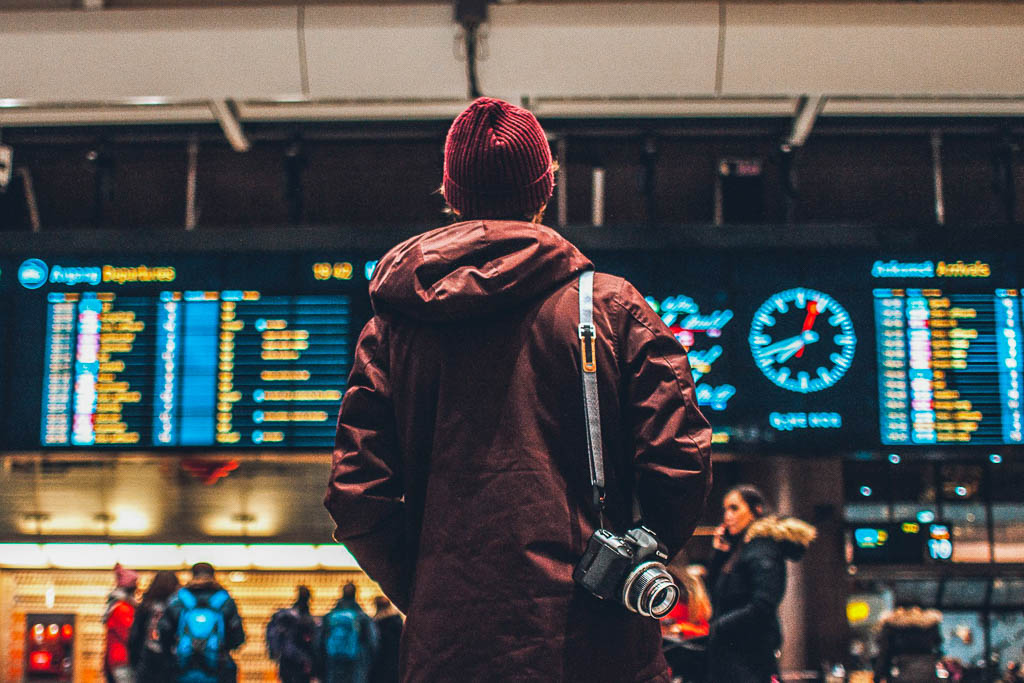Capture Your Adventures: The Ultimate Beginner’s Guide to Choosing a Travel Camera
Traveling opens up a world of adventure, exploration, and new experiences. Whether you’re exploring vibrant cities, hiking through stunning landscapes, or relaxing on exotic beaches, one of the best ways to preserve your memories is through photography. For beginners, choosing the right camera can be daunting. With countless models on the market, how do you pick the perfect one for your travel needs?
In this guide, we’ll help you navigate the essential features of a great entry-level travel camera. We’ll break down key considerations, explore popular options, and provide you with practical tips to ensure you find a camera that suits your style and budget.
1. Why Invest in a Travel Camera?
As a beginner, you might ask: “Can’t my smartphone camera do the job?” While smartphones have impressive camera technology, an entry-level travel camera offers significant advantages:
- Better Image Quality: Travel cameras, even beginner models, offer larger sensors and superior image processing, resulting in crisper and more vibrant photos.
- Optical Zoom: Unlike digital zoom on smartphones, optical zoom on cameras provides high-quality close-ups without losing detail.
- Versatile Shooting Modes: Cameras give you more control over exposure, focus, and shooting styles, helping you capture photos that stand out.
- Low-Light Performance: Cameras with larger sensors capture more light, so your sunset and nighttime shots will look much better.
- Durability and Battery Life: Travel cameras are designed to last longer on a single charge, and many are built to withstand tougher conditions like rain or dust.
For a beginner, investing in a travel camera can make the difference between good photos and exceptional, frame-worthy images.
2. Key Features to Look for in a Beginner Travel Camera
When you’re just starting out in travel photography, it’s important to choose a camera that strikes the perfect balance between ease of use, portability, and performance. Here’s what to consider:
a) Portability and Size
As a traveler, you don’t want to carry a bulky camera. Look for a camera that is compact and lightweight. Many beginner cameras are designed with portability in mind, perfect for throwing in your backpack without weighing you down.
- Compact Point-and-Shoot Cameras: These are great for beginners because they are easy to use, and lightweight, and still deliver better image quality than most smartphones.
- Mirrorless Cameras: Mirrorless models are slightly more advanced but still lightweight and compact. These cameras offer room to grow as your skills improve.
b) Easy-to-Use Controls
As a beginner, you’ll want a camera with a simple interface and automatic settings. Look for models that offer a “Guide Mode” or scene modes that help you take the best shots without worrying about complex manual settings.
c) Image Stabilization
When you’re traveling, especially if you’re shooting while on the move, image stabilization becomes crucial. It helps reduce blur from shaky hands, ensuring that your photos come out clear and sharp even when you’re walking or shooting in low light.
d) Lens Versatility
For beginners, cameras with built-in zoom lenses are a great choice because they offer versatility without the need for carrying multiple lenses. However, if you’re interested in expanding your photography skills, consider a camera with interchangeable lenses for more flexibility in the future.
e) Built-in Wi-Fi or Bluetooth
Connectivity features like Wi-Fi or Bluetooth make it easier to transfer your photos directly to your smartphone or social media platforms, especially while traveling. This feature is ideal for beginners who want to quickly share their adventures online without needing a laptop.
f) Price and Budget
Since you’re just starting out, you don’t need to splurge on a high-end camera. There are plenty of beginner-friendly travel cameras that offer fantastic features at a more affordable price. Set a budget and look for a camera that offers the best value within that range.
3. Top 4 Entry-Level Travel Cameras for Beginners in 2024
To make your decision easier, here are some of the best beginner travel cameras available in 2024. These models offer a great balance of price, features, and performance, ensuring you capture stunning travel photos without the complexity.
a) Best Overall Beginner Travel Camera
Canon PowerShot G7 X Mark III
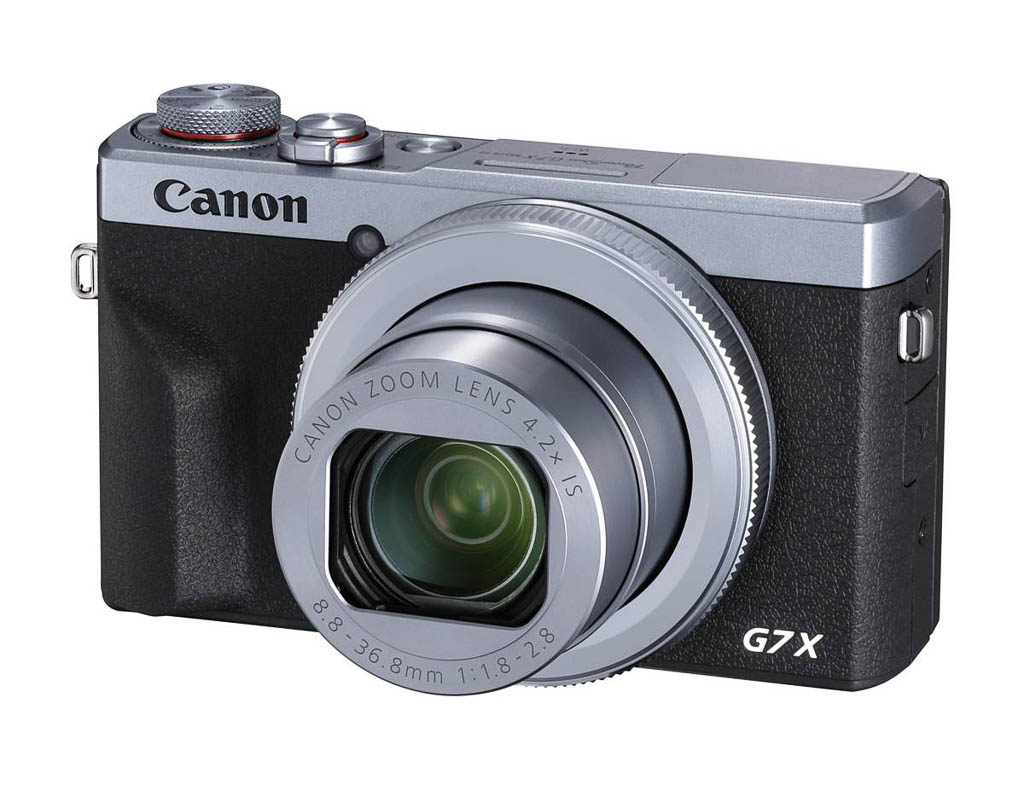
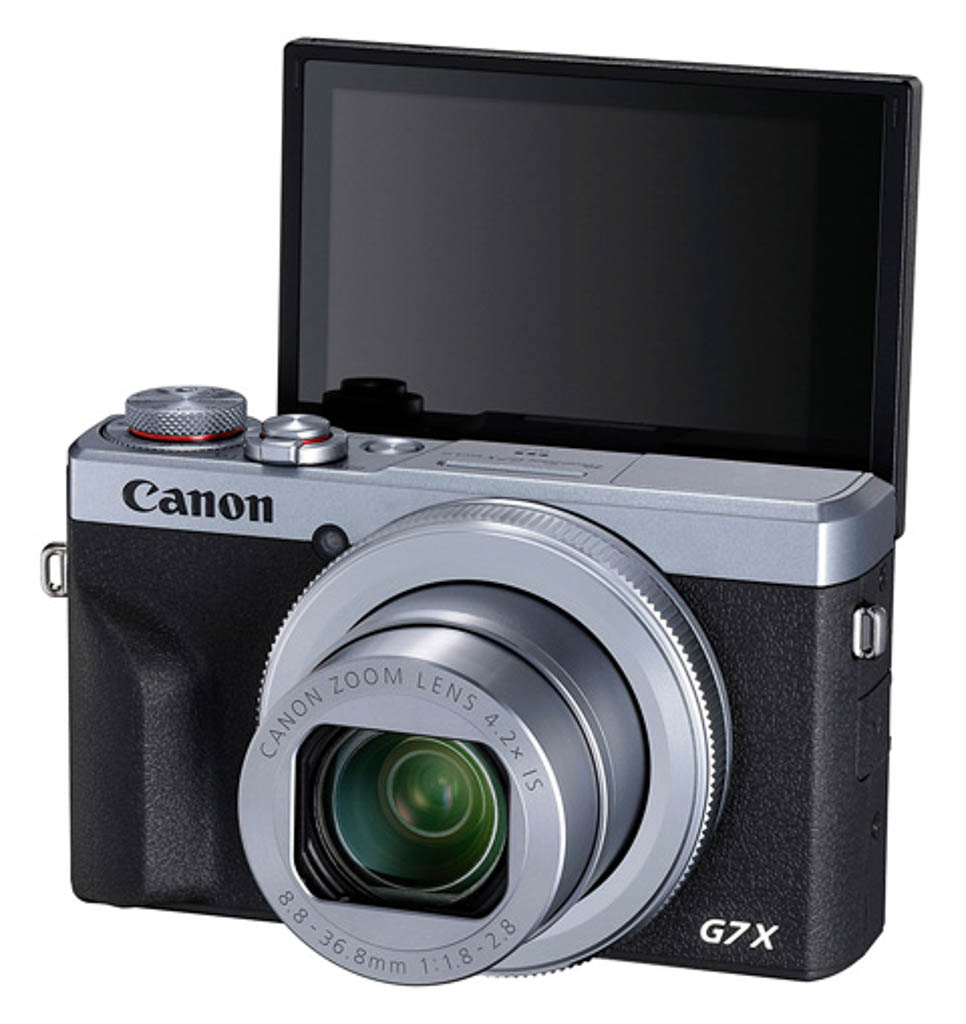
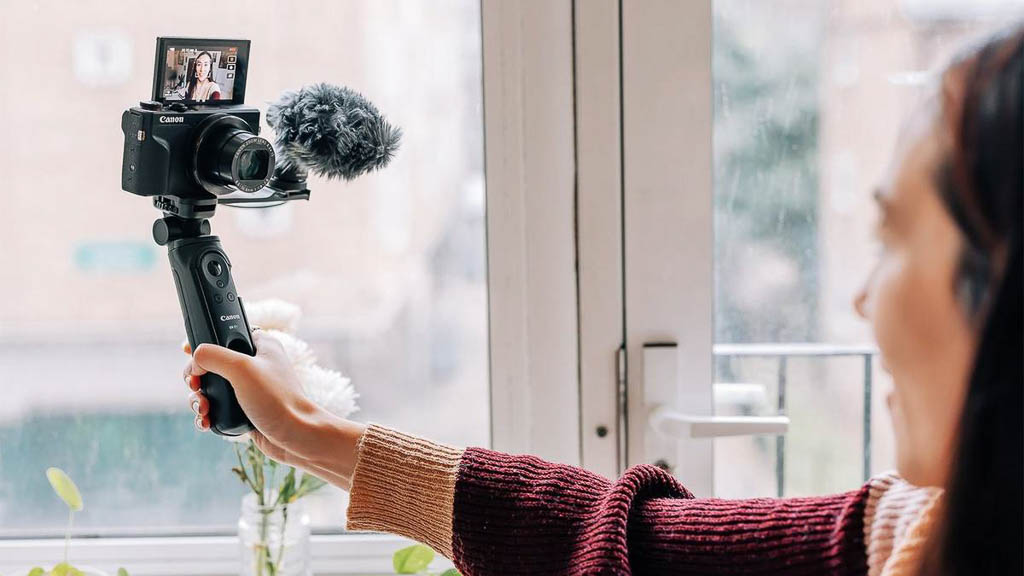
The Canon PowerShot G7 X Mark III is perfect for beginners seeking a balance between portability and performance. With its 20.1MP sensor and 24-100mm zoom lens, this compact camera delivers excellent image quality and low-light performance. It also supports 4K video, making it great for those who want to dabble in vlogging.
- Pros: Compact, high-quality photos, great video capabilities
- Cons: Limited zoom range compared to larger cameras
b) Best Mirrorless Camera for Beginners
Sony Alpha a6100
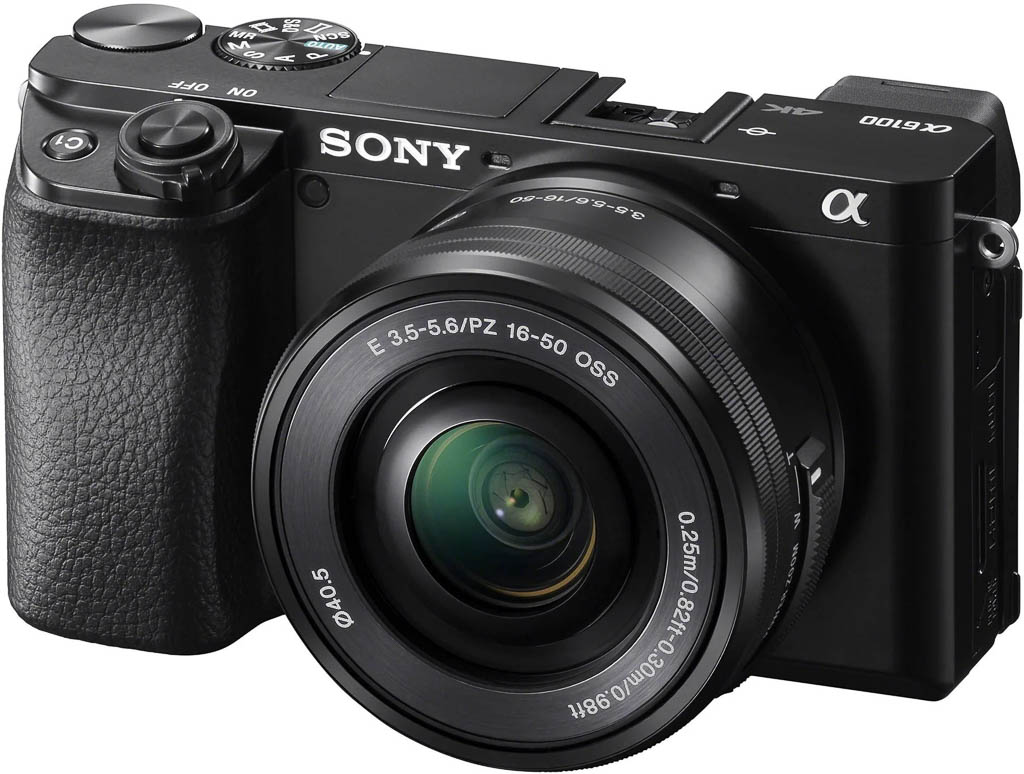
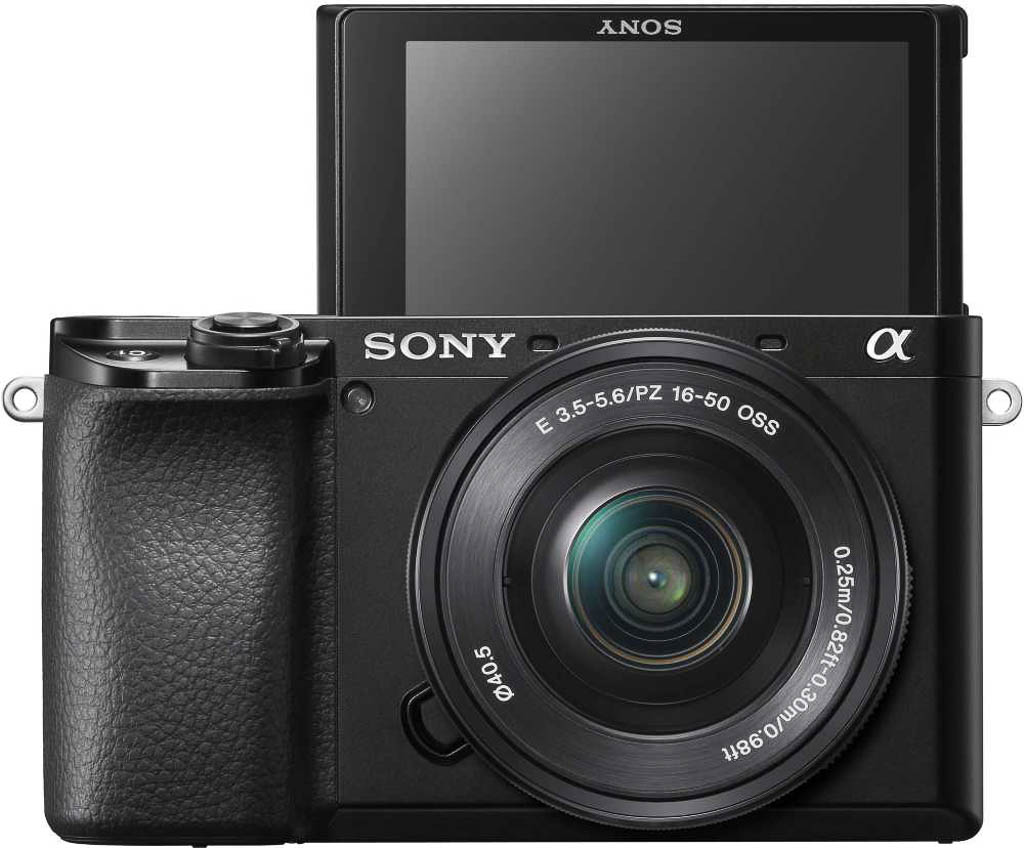
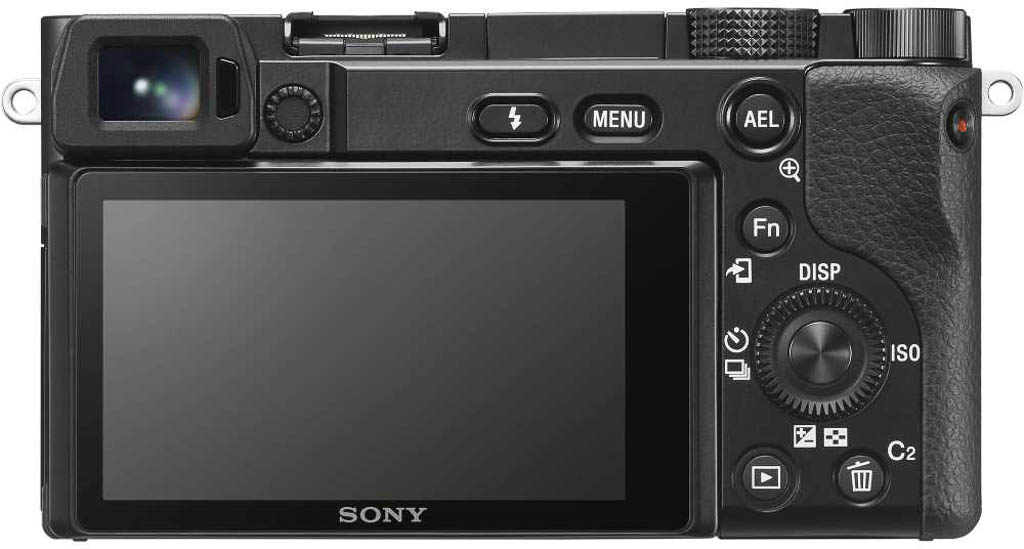
For beginners interested in mirrorless technology, the Sony Alpha a6100 is an excellent choice. It features a fast autofocus system and a 24.2MP APS-C sensor that captures detailed photos, even in low light. The camera also offers interchangeable lenses, providing room to grow as your skills improve.
- Pros: Lightweight, excellent autofocus, high image quality
- Cons: No in-body image stabilization
c) Best Budget-Friendly Camera
Panasonic Lumix ZS70
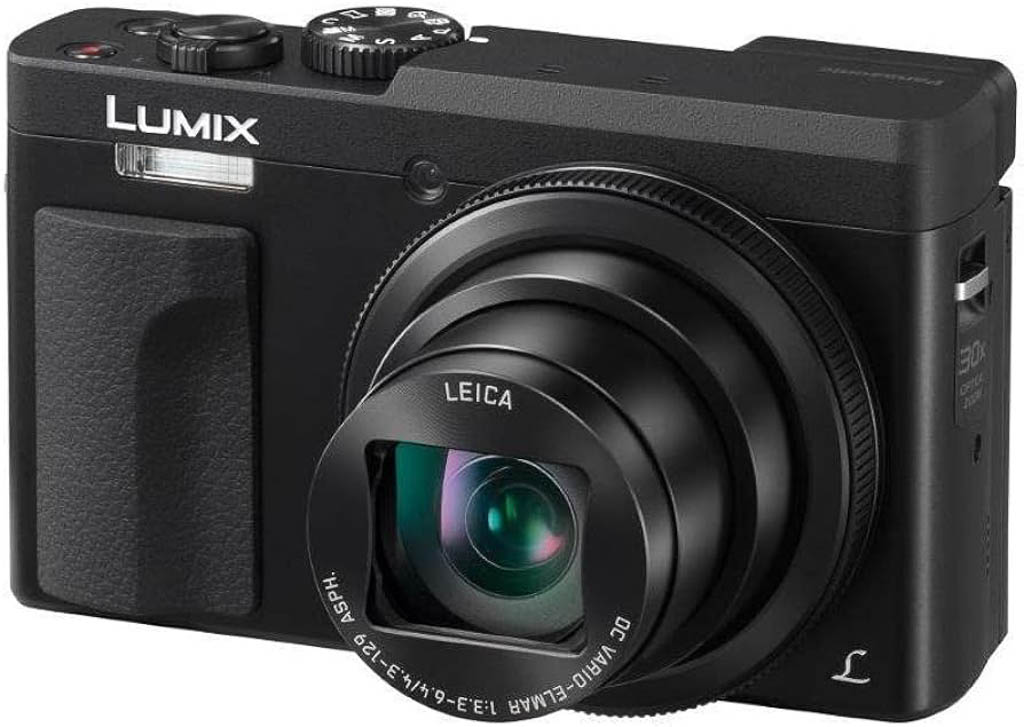
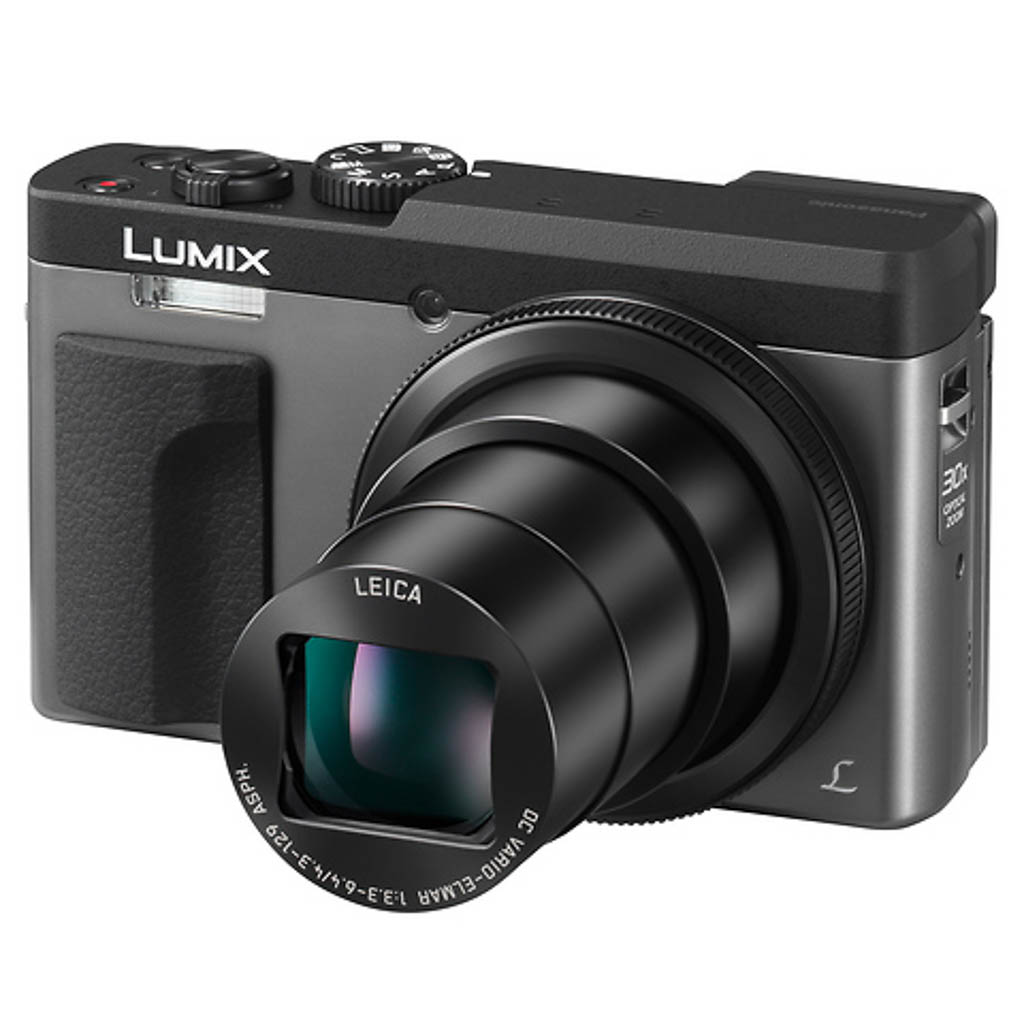
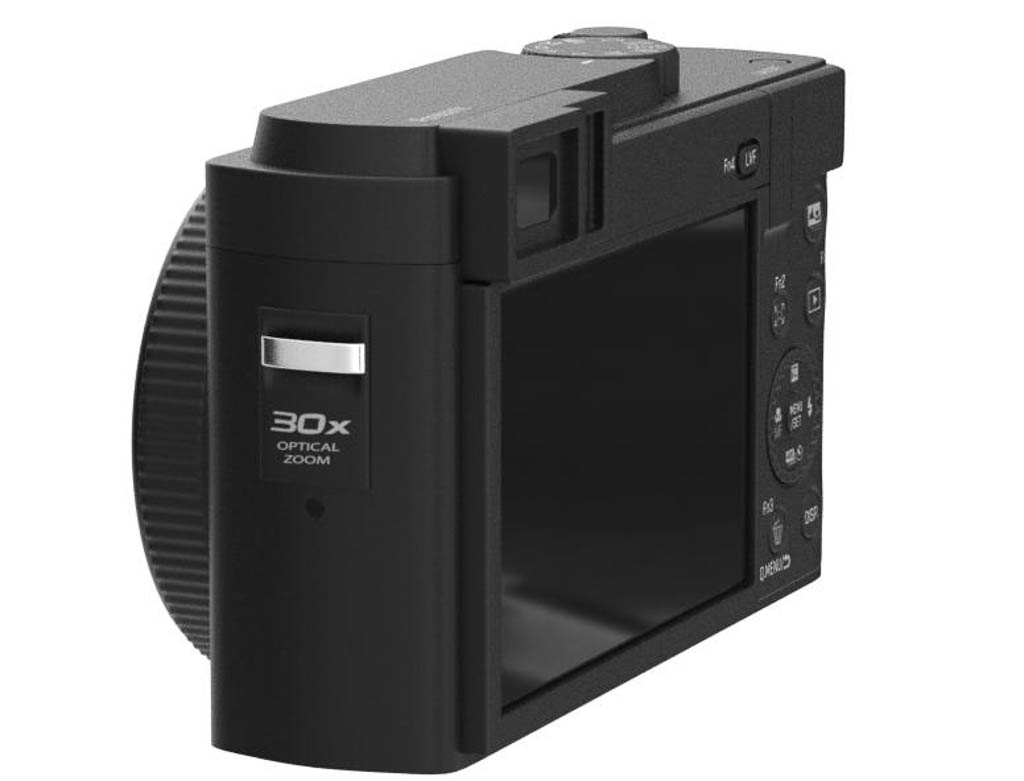
The Panasonic Lumix ZS70 is ideal for beginners on a budget. It’s a compact point-and-shoot camera that comes with a 30x zoom lens, making it perfect for capturing everything from landscapes to distant wildlife. The camera also features a tilting screen for easy selfies and 4K video recording.
- Pros: Affordable, excellent zoom range, great for travel videos
- Cons: Small sensor compared to more advanced models
d) Best Action Camera for Adventurous Beginners
GoPro Hero12 Black
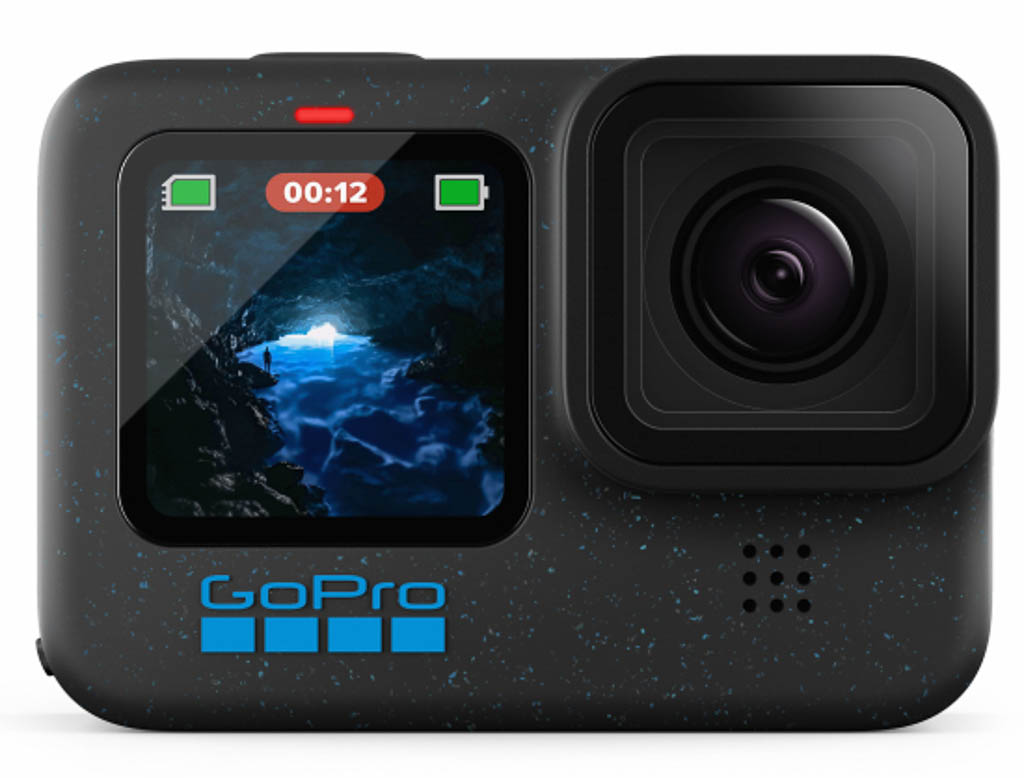
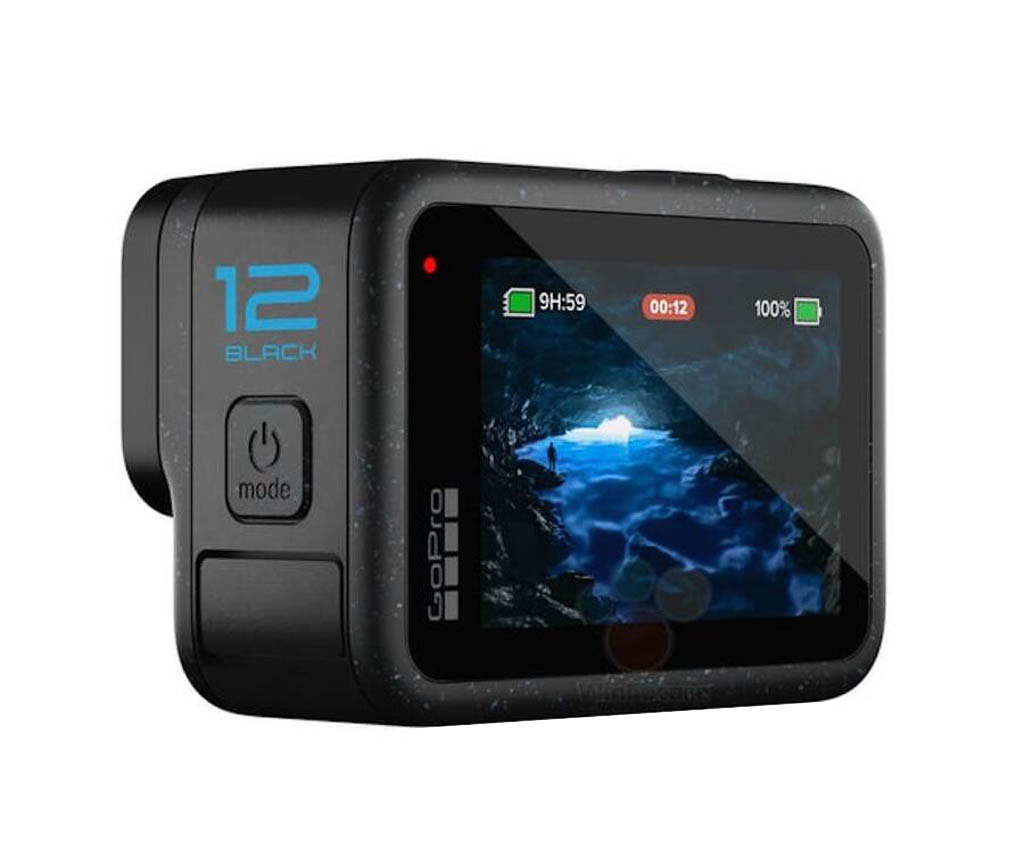
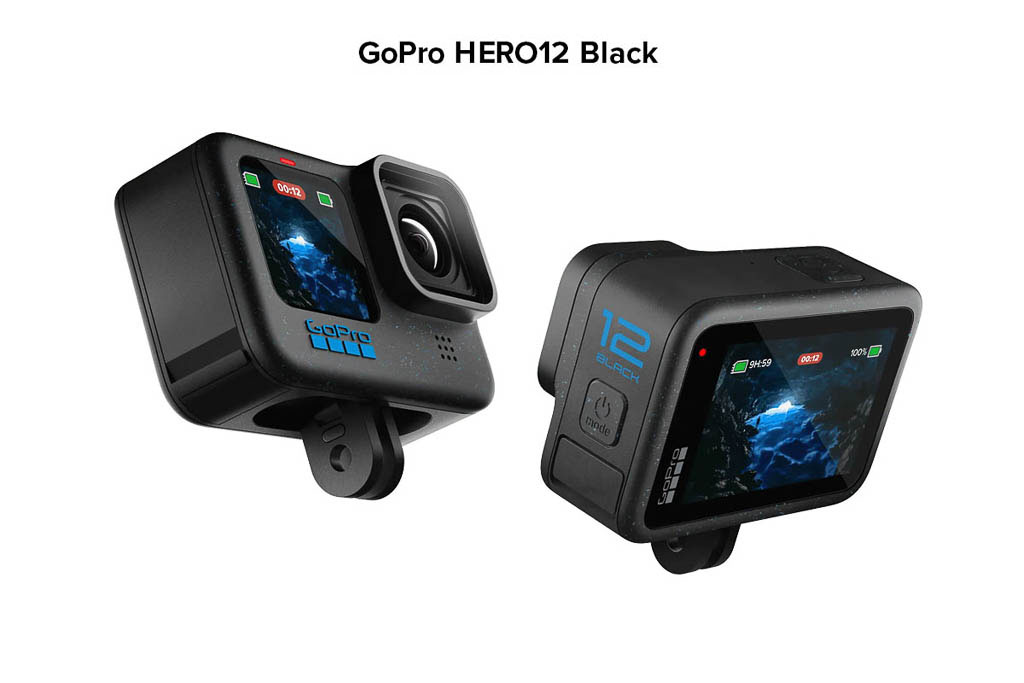
For beginners who enjoy adventure sports or outdoor activities, the GoPro Hero12 Black is a top choice. This action camera is waterproof, shockproof, and perfect for capturing high-quality photos and videos in extreme conditions. The wide-angle lens and image stabilization make it easy to get the perfect shot, whether you’re snorkeling or hiking.
- Pros: Rugged, waterproof, versatile for photos and videos
- Cons: Limited zoom and manual settings for still photography
Read more: GoPro HERO12 Black Review: The Ultimate Action Camera for Travel, Vlogging, and Content Creation in 2023-2024
Buy GoPro HERO12 Black on official GoPro’s shop page.
4. Essential Camera Accessories for Beginners
Once you’ve chosen your travel camera, don’t forget to invest in a few accessories that will make your photography experience smoother and more enjoyable.
- Camera Bag: Protect your camera with a lightweight, padded bag. Look for one with enough room for your camera, extra batteries, and other essentials.
- Spare Batteries: Nothing’s worse than running out of battery during a memorable moment. Always carry a couple of fully charged spare batteries.
- Memory Cards: High-capacity memory cards allow you to store more photos and videos. For beginners, a 64GB or 128GB card should provide plenty of storage.
- Portable Tripod: A small tripod can stabilize your camera for group shots, low-light photography, or capturing long-exposure images like starry skies.
- Lens Cleaning Kit: Keep your lens clear of dust and smudges with a simple cleaning kit.
5. Practical Tips for Travel Photography Beginners
As you embark on your journey into travel photography, here are a few tips to help you make the most of your new camera:
a) Start in Auto Mode
When you’re just starting out, don’t be afraid to use Auto Mode. It’s designed to help beginners get great shots without having to adjust manual settings like ISO, shutter speed, or aperture. As you gain confidence, you can explore other shooting modes like aperture priority or manual mode.
b) Learn Composition
One of the easiest ways to improve your travel photos is to master basic composition techniques. The “rule of thirds,” leading lines, and framing are great ways to make your photos more dynamic and interesting.
c) Experiment with Light
Lighting can make or break a photo. For beginners, natural light is your best friend. Golden hour (the hour after sunrise and before sunset) is an ideal time to take soft, warm photos. Avoid harsh midday sun when possible, as it can create unflattering shadows.
d) Keep It Simple
As a beginner, try to focus on capturing the essence of a scene rather than overcomplicating your shots. Sometimes, simplicity is key to a beautiful photograph.
e) Practice Makes Perfect
Photography, like any skill, takes practice. Don’t get discouraged if your first photos don’t turn out the way you want. The more you shoot, the more you’ll learn what works and what doesn’t.
6. Conclusion: Capture Your Journey with the Perfect Beginner Travel Camera
Starting your travel photography journey is exciting, and choosing the right camera is the first step toward capturing stunning memories of your adventures. By understanding your needs and budget, you can find a travel camera that’s perfect for beginners, offering ease of use, portability, and great image quality.
Whether you opt for a compact point-and-shoot or a more advanced mirrorless model, remember that the best camera is the one you feel comfortable using. With the right camera and a bit of practice, you’ll be well on your way to capturing the beauty of your travels for years to come.
